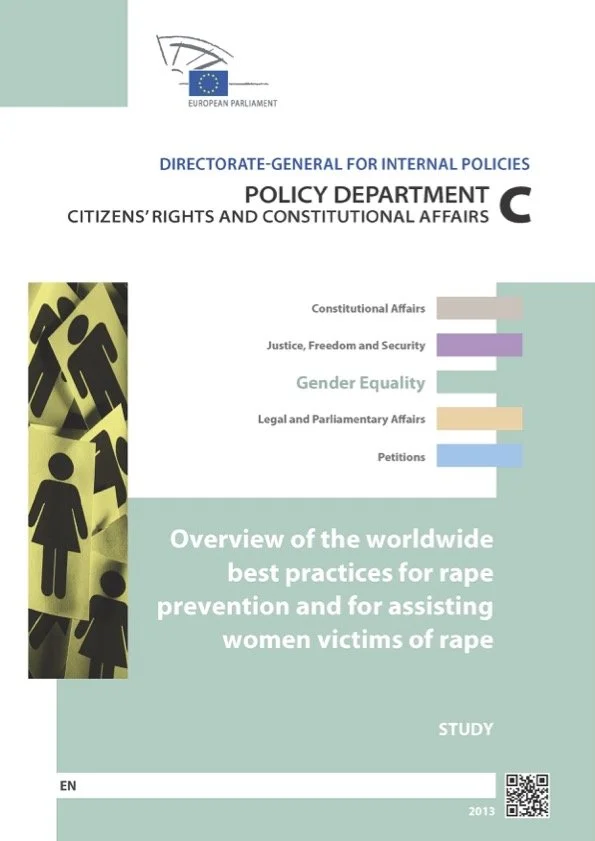POLICY DEPARTMENT CITIZENS' RIGHTS AND CONSTITUTIONAL AFFAIRS:
By Sylvia Walby
Rape matters. It destroys lives, as its traumatizing effects can linger long after the immediate pain and suffering. It is a form of gender inequality, an injury to health, a crime, a violation of women’s human rights and is costly to economy and society. Rape is one of the most serious forms of violence. It is the unwanted penetration of the body; with variations in definitions that concern whether absence of consent or use or threat of use of force is central, the object doing the penetration, and the orifice of the body being penetrated. The UN has a recommended definition for legislation, but there are currently some variations in the definition used in different legal regimes. There are further variations in the meaning in social science research and in popular understandings. There are many ingenious ways to address rape, to prevent it, to support victims. These practices are under development, constantly being tested and improved. This report is an overview of the worldwide best practices for rape prevention and for assisting women victims of rape. It is based on a review of the international literature on developments, together with a series of case studies of best practices.
DIRECTORATE-GENERAL FOR INTERNAL POLICIES, 2013, 214p.


